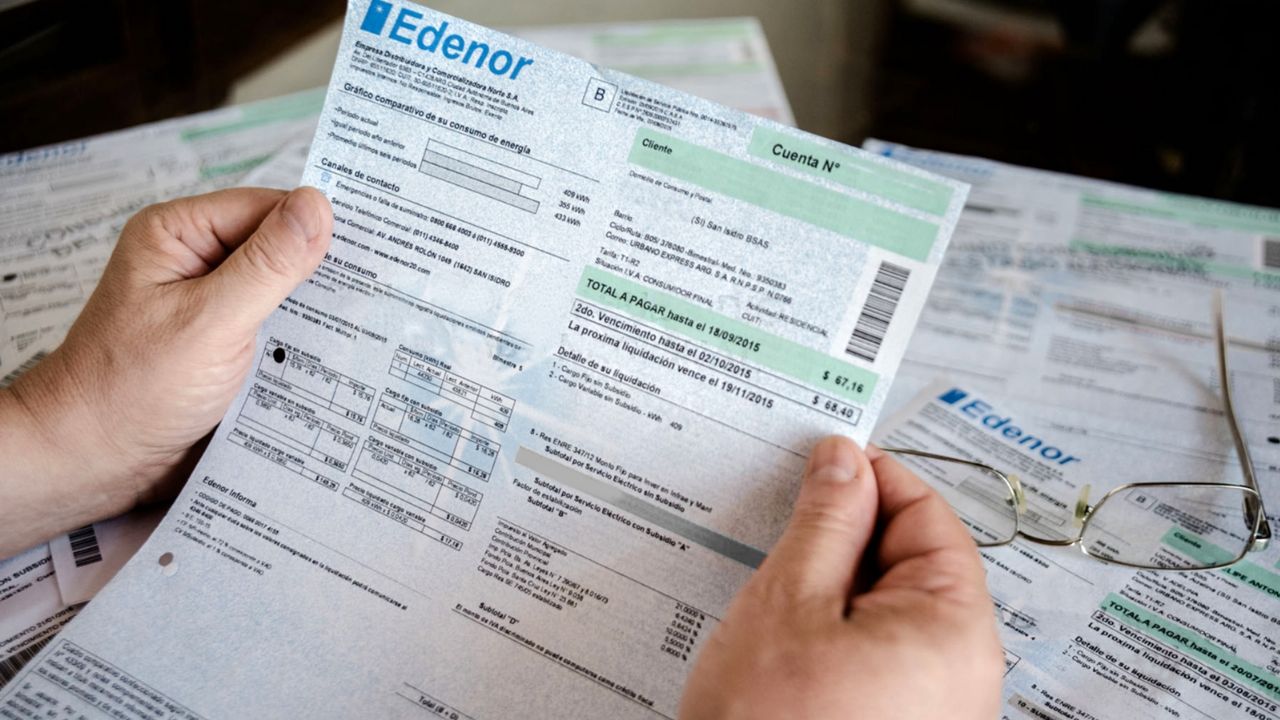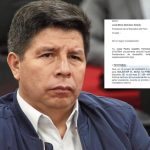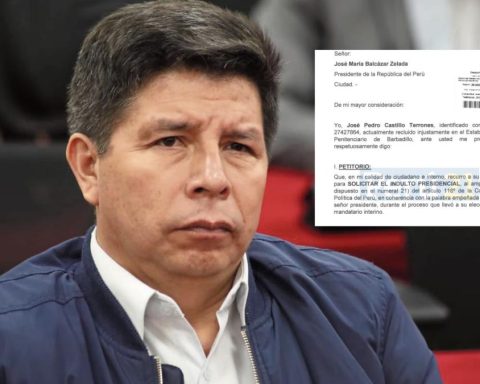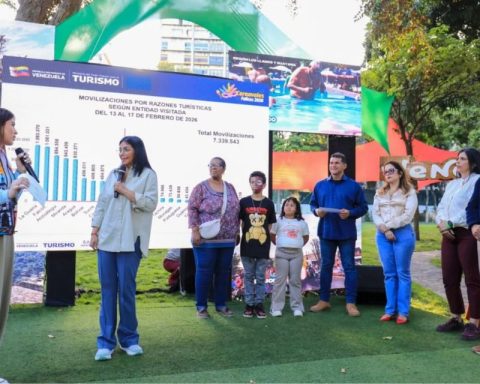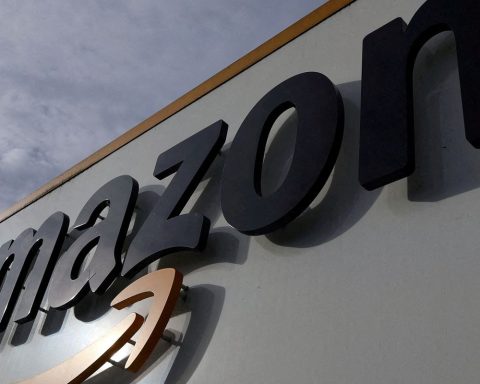During this month, the Government will partially remove energy subsidies to homes that have been classified as high-income or were not registered. Despite this, the electricity distribution companies, Edenor and Edesur, intend to increase the rates to consumers by 295% and 224% respectively.
In the public hearing for the adequacy of rates that these companies carry electric service with the Government, the representative of Edenor, Federico Méndez, and that of Edesur, Jorge Lemos, requested a “transitory adaptation of rates of electricity distribution”, alleging that in said public hearing only the impact of inflation on Edesur’s remuneration is analyzed, and this is not the response of a definitive process.
As a reply, The controller of the Electricity Regulatory Entity (ENRE), Walter Martello, stated that the companies “are not going to obtain the fee that they ask for. They’re going to get the fee that users can pay in the current economic and social context and that contributes to the reduction of inflationary index”.

Increases due to the segmentation of rates
As the Government had announced last year, this Thursday the increase in the cost of electricity for homes, businesses and industries continues by approximately 14%, within the framework of the segmentation of rates. The objective of the Government is to lower public spending to get closer to the fiscal objectives required by the International Monetary Fund, and thus allow, to ensure the following disbursements of the international entity.
According to the Technical Department of the “General Mosconi” Energy Institute (IAE), the measure to remove subsidies will allow the State to save close to US$115 million between the months of February and April. The Metropolitan Area of Buenos Aires (AMBA) will be the one with the greatest increases in services, with minimum increases of 4%, average of 20% and maximum of 32%.

So that low-income sectors that are not registered to maintain subsidies go through the transition in a better way, the Government will launch a new registration campaign in the Registry of Access to Energy Subsidies (RASE), with broadcast on TV, radio , newspapers, magazines and digital media.
